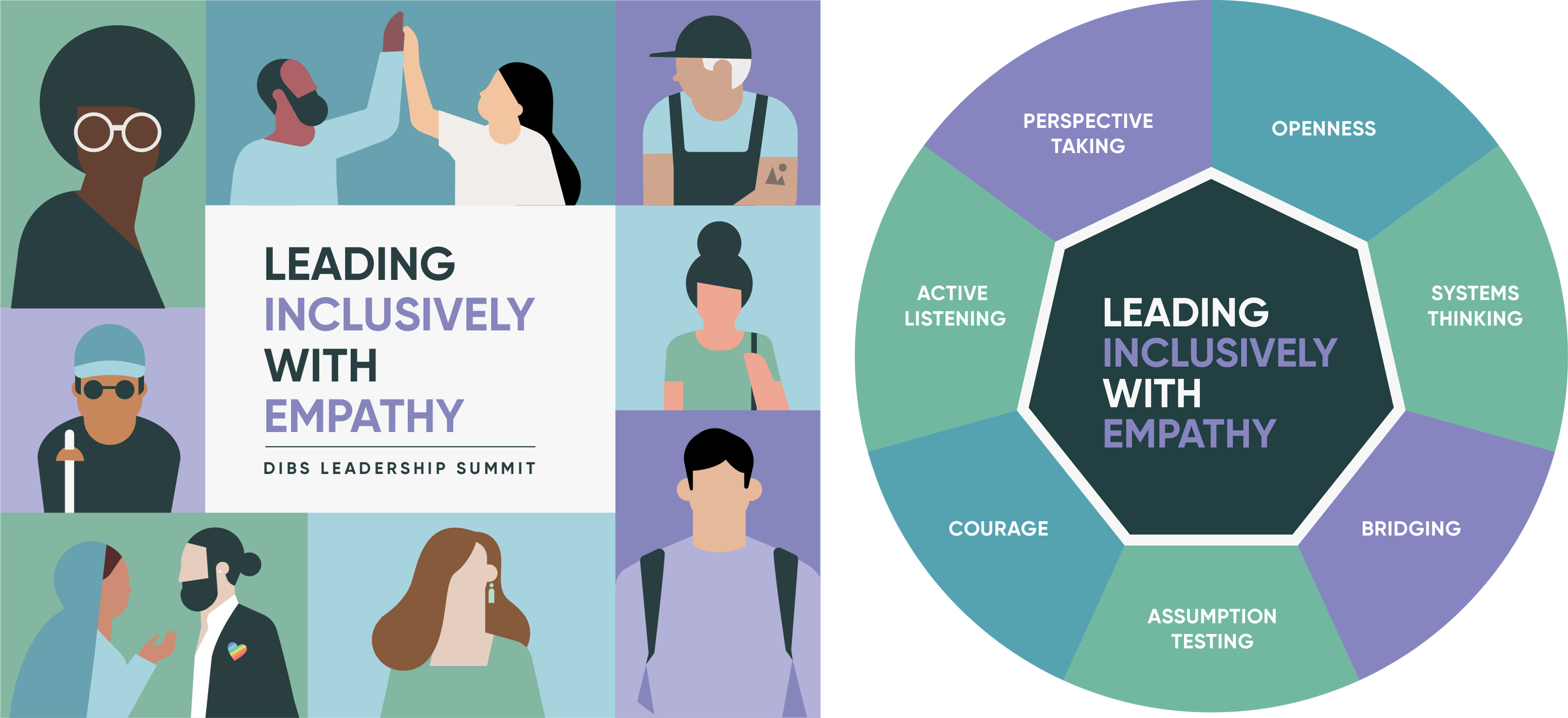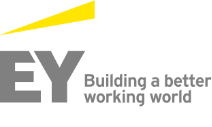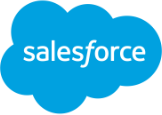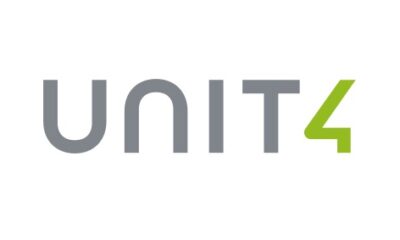## Mini basket to go here ##
Using Action Learning to Drive the Diversity, Inclusion and Belonging Agenda
 One of the major breakthroughs of the past couple of years has been how issues of diversity, inclusion and belonging have entered mainstream public consciousness and become a key issue inside corporate corridors. In a recent Deloitte CEO survey, building a diverse, equitable, and inclusive workforce was a top 3 challenge for 43% of CEOs.
One of the major breakthroughs of the past couple of years has been how issues of diversity, inclusion and belonging have entered mainstream public consciousness and become a key issue inside corporate corridors. In a recent Deloitte CEO survey, building a diverse, equitable, and inclusive workforce was a top 3 challenge for 43% of CEOs.
At Emerging World, Diversity, Inclusion & Belonging (DIBs) work has long been a feature of the immersive learning experiences we provide but its role is now changing. In the past we might have addressed it by including a session on Unconscious Bias in a programme, or by administering an assessment of cultural orientations. Alternatively, ‘being inclusive’ might have been called out as a leadership skill that one or two participants wanted to work on during an action learning group. However, DIBs has now become more than a feature, it’s taking centre stage and becoming the main focus of more of our work.
As an organisation that has inclusion as one of its core values, it means a lot to all at Emerging World. We believe that skills associated with leveraging diversity, being inclusive and fostering a culture of belonging are right at the top of a list of leadership qualities required to take us through the challenges that currently face society.
So how have we responded to this challenge? What kind of learning interventions have we developed to help leaders build their capacity to lead inclusively?
We have several examples but a great illustration of how we bring this together is through a recent programme that we developed for technology company ServiceNow and for which we won the WIAL (World Institute of Action Learning) Innovation Award.
In this programme we created an experience in which small groups of corporate leaders would come together with leaders of purpose driven NGO’s and social enterprises to collaborate on challenges that the NGOs (or ‘partners’ as we call them) were facing. Through the engagement, the partner organisations would present an urgent and important challenge and the group would work collaboratively to address it using the WIAL Action Learning approach. True to the method, all participants (corporate and partner) were invited to use a ground rule in which statements were only to be made if they were in response to questions. This helped the participants to behave more inclusively and ask each other lots of questions to get new diverse perspectives on the problem at hand.
At the beginning of the session, each participant identified one of seven inclusive leadership behaviours that they wanted to work on during the group work. These seven behaviours (illustrated in figure 1) had been identified by ServiceNow as key drivers of their inclusive leadership agenda. Participants used their time together working on the challenge to practice these leadership skills. They then shared feedback with each other on how they showed up during a reflection session led by an Action Learning Coach trained in the WIAL method.


The problem-solving ran over 2 sessions, each lasting about 2 hours. They were run on consecutive days to allow some reflection time during the problem-solving without the groups losing momentum. The experience was facilitated virtually and in total, almost 200 ServiceNow senior leaders took part. This meant that we had 29 small groups working in parallel on 29 separate challenges, which required a lot of coordination. We certainly tested the capabilities of Zoom to manage so many breakouts but with careful planning and an excellent production team, things ran really smoothly.
From a DIBs learning perspective, the leaders got to understand an external challenge being faced by an organisation dealing with marginalised communities and/or addressing issue of systemic inequality. This exposure helped them to appreciate the lived experience and challenges faced by communities that they are unlikely to have engaged with previously, opening their minds to new perspectives. They also came to appreciate that the only way to help the partners make progress with their challenges was by leveraging the diversity of perspectives within their group as no single person had the answer. The structure enabled the participants to experiment with using their inclusive leadership skills in a safe learning environment and to collectively experience the team culture created when everyone is working inclusively. It was a powerful combination that provided an anchoring experience for their ongoing personal DIBS journeys.
“Diversity, inclusion, and belonging are paramount at ServiceNow. To build a diverse and inclusive workforce where everyone feels like they belong, it must start at the top,” said Megan Kollar Dwyer, Director of Diversity, Inclusion, and Belonging at ServiceNow. “Partnering with Emerging World really enabled us to push the boundaries of traditional DIBs programs. We are empowering our leaders to become agents of change to dismantle injustice in every form and to co-create an equitable world while empowering others to do so as well.”
For the 25 different partner organisations from 9 different countries that we worked with on this programme, it was an opportunity to get fresh perspective and insight from a group of hugely experienced business leaders on key challenges they were facing.
“I am amazed at how much we were able to achieve using the Action Learning process. It was my first time to experience this and after going through the process I am now on fire and I feel that I can handle any issue that comes my way” said Josephine Suleiman of Olivelink Healthcare, who participated in the program and whose organisation works with communities in Kibera, one of Africa’s largest informal settlements.
While Shubha Chacko who leads Solidarity Foundation, an organisation that supports the LGBTQI+ community in India appreciated how the initiative brought two sectors together. “The way you are able to bridge the two worlds – of NGOs and corporates- is remarkable” she said as part of our post-experience follow-up work. In total, 89% of partners agreed that the programme led to positive development of their leadership skills and competencies while 89% also gained new perspectives that were valuable for their work. Critically, 94% felt confident in the actions required to take forward their challenge that the programme had helped to generate.

Immersive experiences like this enable companies to move beyond simple box ticking exercises for their DIBS work and into a place where leaders can embrace diversity, inclusion and belonging in the way they work and the decisions that they make. The model outlined above helps us to understand how every company is on its own journey with regard to DIBS. As more and more companies need to move beyond compliance and into an area where DIBS work become strategic and differentiating, they also need experiences that help leaders to be able to make that transition. We hope that our experiences help inspire others to embrace this work and succeed in our collective quest to build a more inclusive and holistically thinking world, where everyone can feel they belong.
From time to time, we offer Immersive Taster experiences to people interested in working with us and experiencing our learning approach first-hand. In one of these tasters, you’ll get to meet one of our inspiring partner organisations and work with them on a challenge they are facing as part of a small team alongside colleagues and counterparts from other organisations. You could be working with an organisation like What’s Next Washington that works to support the employment of formally incarcerated individuals in the US or B-Lab East Africa that supports purpose-driven entrepreneurs across Africa to scale up their work or one of many other amazing partner organisations we work doing important work around the world. If you’re interested in finding out more about these tasters, please let us know.






